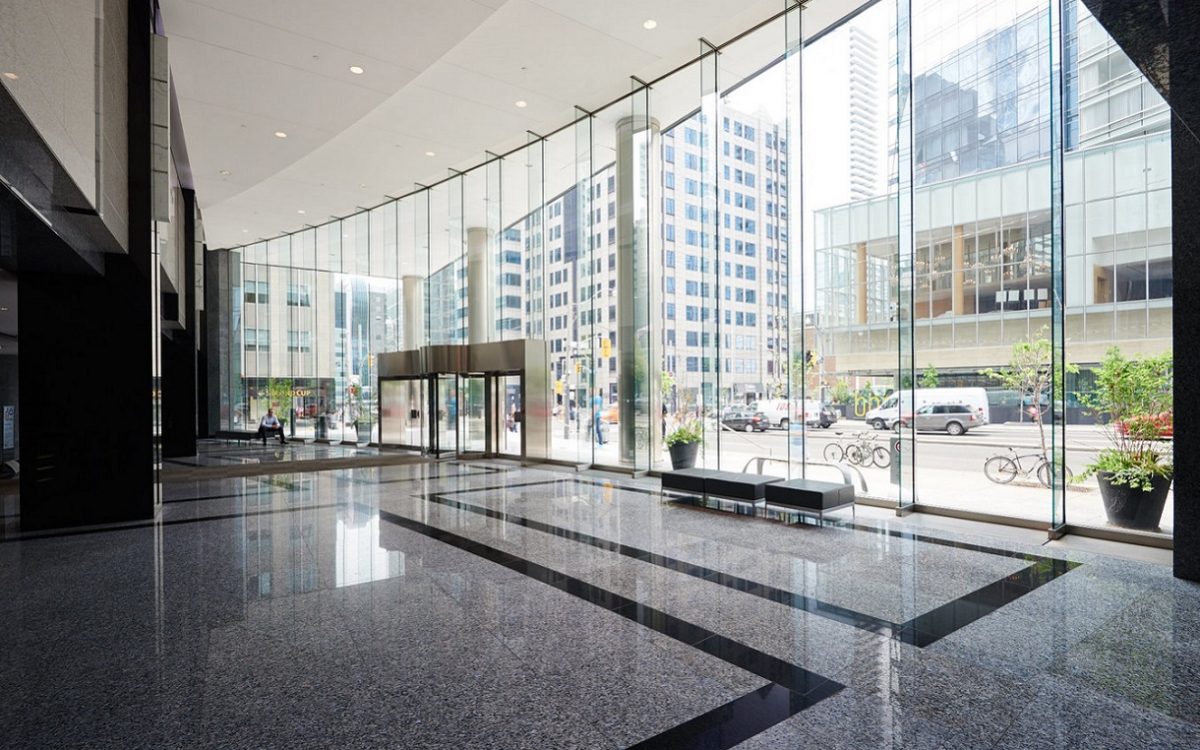The claimant appealed the Tribunal’s decision that her late application for benefits barred her claim. The claimant applied for accident benefits in August 2017 following her son’s May 2025 accident. The Tribunal held that the claimant did not provide a reasonable explanation for the delay of more than two years. The claimant argued on appeal that the SABS did not entitle the insurer to deny the claim, and that the only remedy under section 32(10) was to give the insurer more time to respond to the claim. The Court rejected the appeal, finding that the Tribunal’s legal conclusions were correct. While section 32(10) gives an insurer more time to respond to a late application, the insurer also has the option to apply section 55 to bar the claim if a person does not have a reasonable explanation for the delay in applying.








